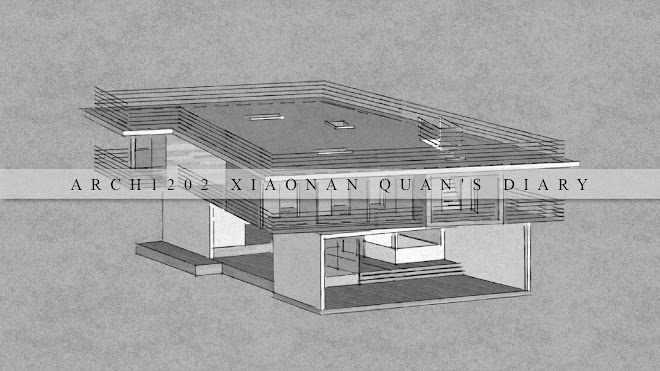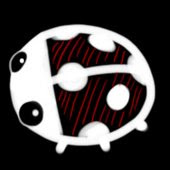
"What I want to try to explain to people this evening is a little bit of the history and a little bit of the science behind cloning. But more importantly, what I would hope they go away with, is some of the positive uses of this technology. We are not all mad scientists. We are not all looking to clone ourselves. The positive benefits that this may have for human therapeutic medicine and improving the quality of life for people with certain genetic disorders."
Keith Campbell, Interview by the Marine Biological Laboratory, 22 June, 2001.
"In November 1999, Keith left PPL therapeutics to become Professor of Animal Development at the University of Nottingham. Here he continues research into the basic mechanisms underlying development and differentiation in order to improve and understand the cloning process. Uses transgenic animals as models for research and pursues interests in therapeutic stem cells and the cell cycle. The major objectives of these studies are to reprogram differentiated cells to become stem cells whilst avoiding the requirement for embryo production, to produce animal models for cell therapies and develop strategies for transplantation."
The University of Nottinham, Stuff Look-Up, http://www.nottingham.ac.uk/biosciences/lookup/lookup_role.php?id=NjA0MjI0&page_var=personal, viewed 5th April 2009.






